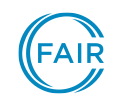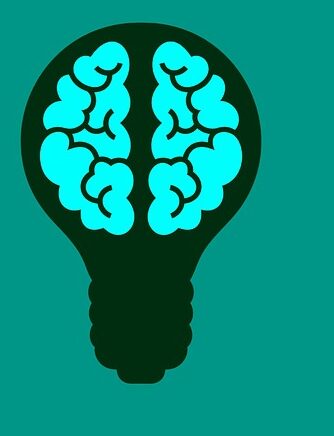Also Published in the Mankato Free Press
As we mark the four-year anniversary of the initial COVID-19 lockdowns, it’s crucial to reflect on this period’s profound impact on our students.
The transition to an entirely online existence has been particularly challenging for the “online generation,” significantly affecting their education and mental well-being.
Having hosted high school and university exchange students, I’ve observed the benefits of immersive learning experiences abroad. My children’s education in Spain and the Netherlands starkly contrasted with our domestic approach.
Technology takes a backseat in schools, encouraging direct interaction and communication among students and teachers. This environment, coupled with the norm of students using public transport and navigating their communities independently, fosters a sense of autonomy and cross-generational communication that seems increasingly rare in our car-dependent world.
This observation raises critical questions about our current parenting and educational paradigms. Are our efforts to shield our children from adversity hindering their ability to develop crucial life skills such as resilience, communication and independence?
Abigail Shrier’s book “Bad Therapy” offers a compelling lens to examine these issues. It challenges us to reconsider how we address our children’s mental health, urging a shift from a focus on diagnosis and medication to one that emphasizes personal growth and resilience.
In light of this, I call on parents, educators, and community leaders to rethink our approaches to child-rearing and education. Let’s use this moment as a dialogue and action catalyst to equip our children with the tools they need to thrive in an increasingly complex world.
By fostering environments that encourage autonomy, communication and resilience, we can help shape a generation capable of overcoming the challenges of tomorrow.
Elizabeth Hanke
Mankato


